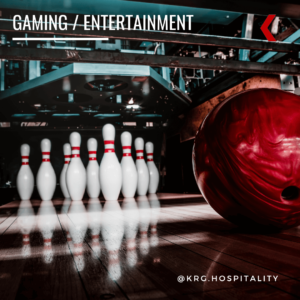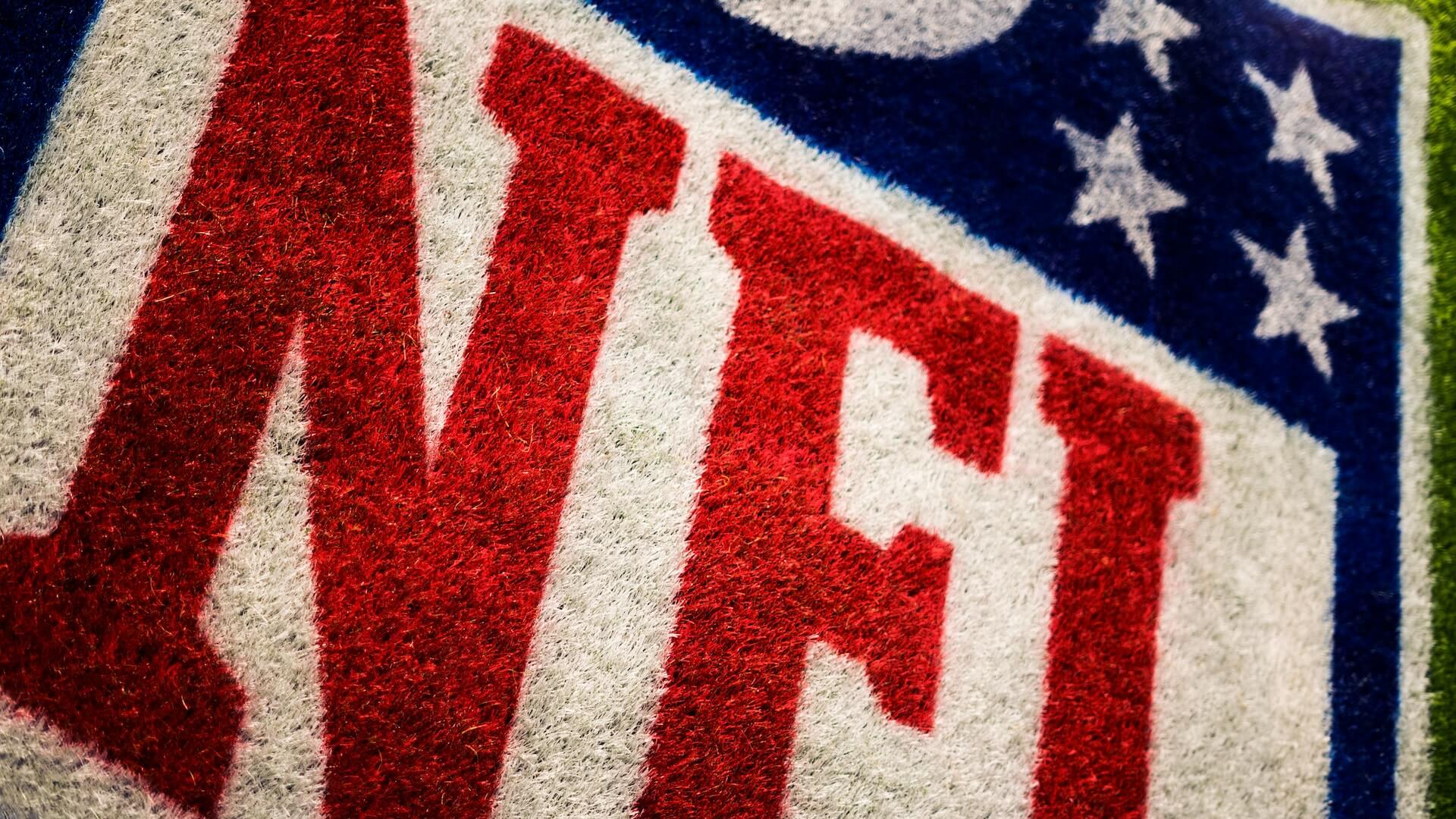What Does the Future Hold for iGaming?
by David Klemt

Like this, but in your pocket, basically.
With so many states legalizing sports betting, the next frontier appears to be Internet gaming or “iGaming.” So, why is it taking so long to move forward?
It seems like a no-brainer, right? Consumers are carrying the internet around with them in their pockets and on wearables. If it’s good business to meet consumers where they are, giving them the ability to place bets online makes sense.
Further, commercial gaming is worth about $60 billion in the US alone. And depending on the source and how we define the term, around 60 percent of adults in America gamble at least once per year. That number climbs to perhaps as high as 85 percent for adult Americans who gamble at least once in their lifetime.
So, those are all impressive numbers. Tens of billions of dollars, hundreds of millions of potential bettors… Intriguingly, tens of millions of Americans plan to bet on the current NFL season.
Per a 2023 Global Gaming Expo panel, iGaming generates nearly $6 billion in revenue annually. Panelists posit this form of gaming will generate $30 billion if and when casinos embrace it.
Incredibly, iGaming, in the handful of states where it’s legal, is generating similar revenue to traditional gaming. This is notable because it hasn’t taken decades to achieve.
Then, there’s sports betting. If sports betting is now legal in dozens of states throughout the country, why isn’t iGaming legal in most of the country as well? Interestingly, the answer to that question ties into sports betting.
iGaming and the current evolution of sports betting are two topics I’m just starting to really dive into. So, I’ll do my best to share what I’m learning accurately and with actionable information.
Slow Progress?
On May 14, 2018, the Supreme Court struck down the Professional and Amateur Sports Protection Act (PASPA) of 1992. With PASPA gone, sports betting is legal in more than 30 states and Washington, DC.
Additionally, legislation to legalize sports betting has been introduced in more states. So, we can expect this form of betting to gain traction in more of the country.
Ironically, it’s the explosion in sports betting over the past five years contributing to the slow progress of iGaming.
Simply put, according to Howard Glaser of Light & Wonder, is that dozens of states just agreed to legalize sports betting. During the G2E panel he moderated, Glaser explained that it’s not a wise idea to now approach the same governing bodies and say, “Hey, we forgot to add iGaming when we asked you to legalize sports betting. Can you throw that in now?”
Another item to consider is the fear of casinos in cannibalizing their existing business. Other factors are responsible gaming (who’s keeping tabs on a bettor’s behavior if they’re behind a screen?) and the illegal or “invisible” iGaming market.
So, for now at least, iGaming is legal in just eight states: Connecticut, Delaware, Michigan, Nevada, New Mexico, Pennsylvania, Rhode Island, and West Virginia. However, Nevada isn’t even in the regulatory stage yet, and Rhode Island won’t launch iGaming until some time in 2024.
According to Anika Howard, the president and CEO of WONDR Nation and a guest on Glaser’s G2E panel, Connecticut is further developing iGaming regulations.
Now What?
For now, we wait and watch. Connecticut and New Jersey appear to be leading the way for iGaming in the US. However, the G2E panel notes that the US is far behind the UK when it comes to iGaming.
In fact, Howard says that when it comes to this category, the US is learning from the UK and how they approach it.
Further, the panel appears to agree that many people in the industry have their eyes on Nevada. There’s a belief that industry professionals in Nevada are taking their time so that when they launch iGaming it will be of great benefit to the state of Nevada’s overall gaming industry rather than a threat.
In other words, when Nevada goes live with iGaming, the state will likely be the country’s leader. That is, of course, speculation. After all, New Jersey legalized online casinos back in 2013.
However, the legislation that made online casinos legal in the state expires in November. I would expect there’s already a plan in place, and New Jersey may remain as the iGaming leader for some time.
For now, operators who want in on the iGaming action can plan ahead. One way to do this is to secure their iGaming domain (or domains) so that when it goes legal, they’re prepared.
It’s logical to expect more iGaming dominos to begin to fall in 2024, and for even more to topple in 2025. Are you ready?
Image: Aidan Howe on Unsplash


